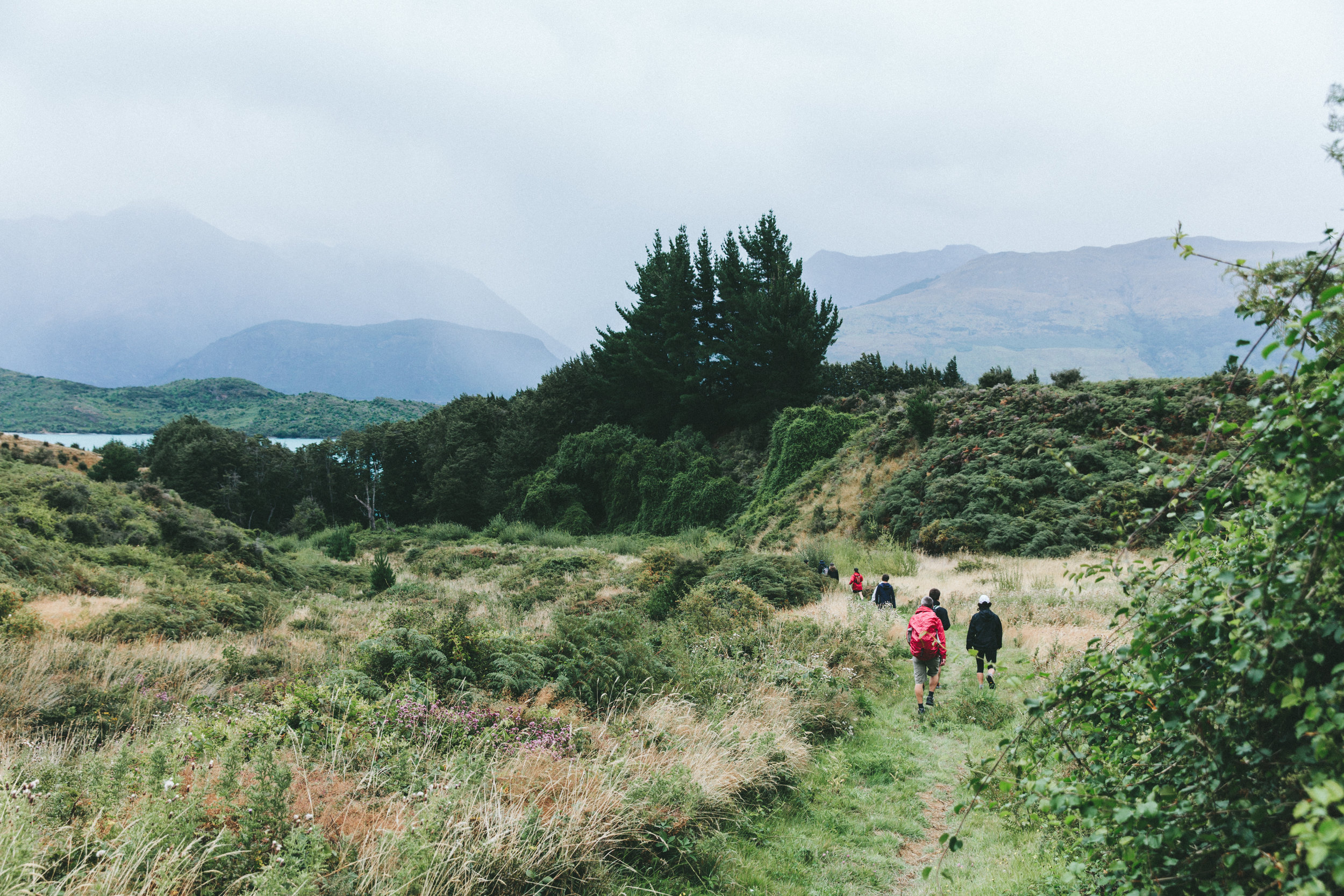
Our Projects
Here's just a small sampling of the projects we've helped with over the years.
Curious to learn more about our projects? Drop us a message!
Regenerative Rice Farming (SRI)
Year Started: 2007
Balinese rice cultivation dates back almost 2,000 years with over 300 types of heritage rice. Today, only seven heritage species remain as a consequence of the “Green” Revolution.
Due to the political and economic instability of Indonesia during the 1950s, the government introduced genetically modified rice as part of the Green Revolution to help increase rice production and export. By the 1970s, Miracle Rice, a semi dwarf rice variety called IR8, was enforced upon Balinese farmers. The dependence on GMO rice created a rice monoculture that replaced the demand for heritage seeds, which made crops more vulnerable to pests and diseases while increasing its dependence on pesticides.
With rapid climate change affecting water resources in Bali, farmers are also struggling to grow rice while the cost of conventional farming continues to soar—reliance on and increasing costs of GMO seeds, pesticides, tools and equipment—with decreasing yield. The goals of the Regenerative Rice Farming (SRI) System is to create a more sustainable system for both the farmers and environment by increasing yield and profit, enhancing water use efficiency, eliminating dependence on pesticides and chemicals, promoting soil health and reducing methane emissions. SRI uses 90% less seeds and 80% less water while doubling yield.